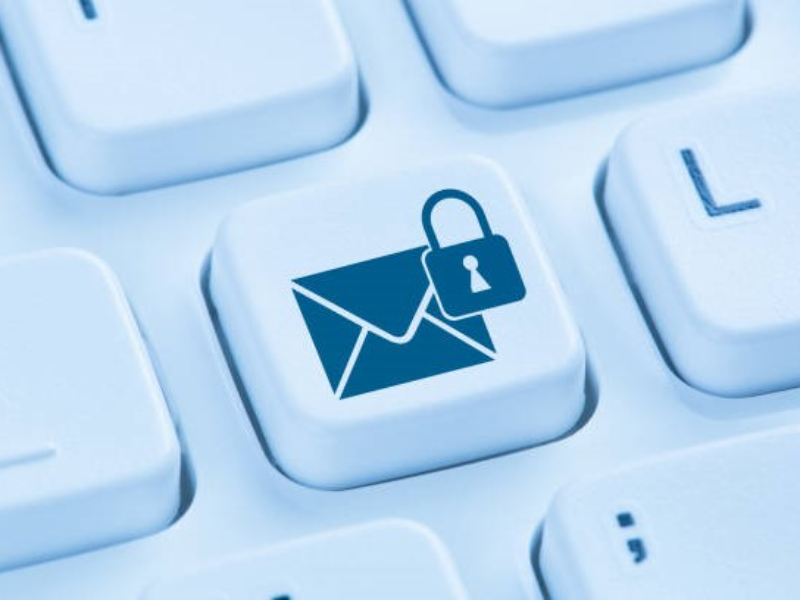- Data encryption protects sensitive information by converting it into unreadable code, requiring a key to decrypt.
- Real-world examples of data encryption include HTTPS, email encryption, and encrypted messaging apps.
Data encryption protects sensitive information by changing it into unreadable code that needs a key to decrypt real-world examples include HTTPS email encryption and encrypted messaging apps.
In the digital age protecting sensitive information is very important data encryption is a key tool to keep private data secure and not accessible to unauthorised users this writing explains what data encryption is and gives real-world examples of how it is used across different platforms and services.
Introduction to Data Encryption
Data encryption is the process of changing plaintext data into a coded format called ciphertext that only people with the correct decryption key can read this method is essential to secure sensitive information because even if data is intercepted it cannot be understood without the key.
There are two main types of data encryption:
- Symmetric encryption
It uses one key for both encryption and decryption it is often used to encrypt large amounts of data because it is fast examples are AES (Advanced Encryption Standard) and DES (Data Encryption Standard).
- Asymmetric encryption
It uses two keys one for encryption (public key) and one for decryption (private key) it is commonly used to secure communication channels and digital signatures examples are RSA (Rivest-Shamir-Adleman) and ECC (Elliptic Curve Cryptography).
Real-World Examples of Data Encryption
Data encryption is widely used across different industries and applications to protect sensitive information below are some real-world examples:
- HTTPS
HyperText Transfer Protocol Secure (HTTPS) is an encrypted version of HTTP the protocol for transferring data over the web it makes sure data sent between a user’s browser and a website is encrypted to protect against eavesdropping and tampering most modern websites use HTTPS to secure user information like login credentials and payment details.
- Email encryption
It encrypts email content to stop anyone except the intended recipients from reading it services like ProtonMail and tools like PGP (Pretty Good Privacy) offer encrypted email solutions to keep sensitive communication private it is very important for businesses and individuals who need to protect confidential information.
- Encrypted messaging apps
These are messaging apps that use end-to-end encryption to secure messages between users apps like Signal WhatsApp and Telegram use encryption to make sure messages can only be read by the sender and the recipient it stops intermediaries including the service providers themselves from accessing message content.
- Disk encryption
It encrypts data stored on a disk or hard drive to make it unreadable without the decryption key tools like BitLocker (Windows) and FileVault (Mac) offer full disk encryption to protect data if the device is lost or stolen it is crucial to secure sensitive data on laptops external drives and other portable storage devices.
- Cloud storage encryption
It encrypts data stored in cloud services to protect it from unauthorised access cloud storage providers like Google Drive Dropbox and Microsoft OneDrive offer encryption for data both when it is moving and when it is stored it makes sure files in the cloud are secure from breaches and unauthorised access.

